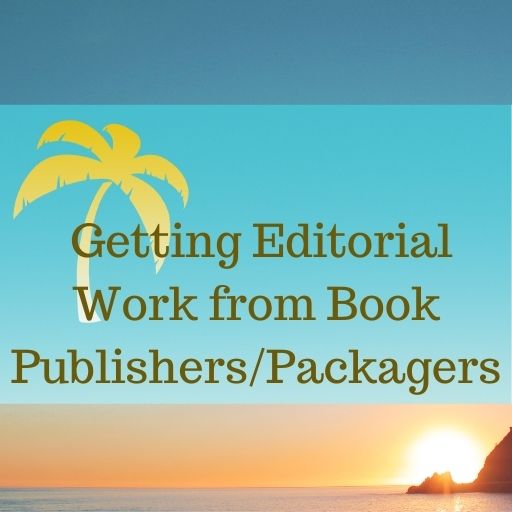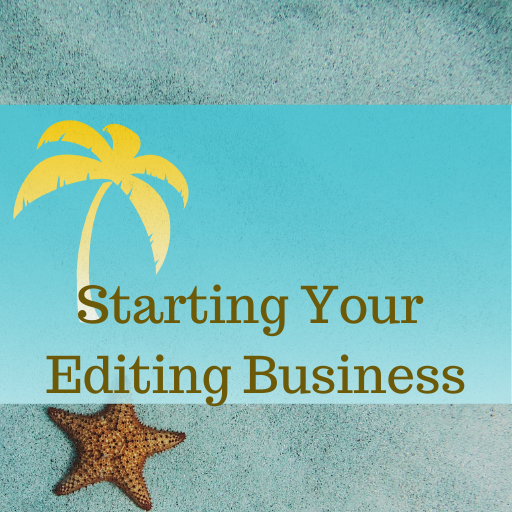When to Raise Rates for Book Editors
Let’s talk about when to raise rates for book editors. How do you know when it’s the right time? I have a few tips for this.
Is it Time to Raise Your Rates?
It’s common for freelancers to get stuck on a low-paying treadmill. They take a few poorly paying gigs to get some experience but once they have that experience they keep on working those low-paying gigs.
That’s not just depressing, it’s hard, hard work.
The Calculation: When to Raise Rates for Book Editors
Suppose you want to earn $60,000 this year (this is low income where I live but it’s a reasonable number for a newer editor to shoot for). If you charge $600 per project, each year you need to do 100 projects. If you’re a freelance editor who works with indie author clients, this often means finding 100 clients, as most indie authors don’t write more than one or two books a year. So you have to find those 100 clients and you have to edit those 100 projects, and you just cannot possibly have the time to do good work or have the bandwidth to find better clients.
I’m using a ridiculously low fee here to illustrate the point, but I also know there are editors that charge this rate to edit a full-length novel.
Frankly, I’m too lazy to work that hard for so little money. Be lazy, too, and you’ll wind up with a fatter bank account.
A 20% increase to $720 = 82 projects per year or about 1.5 per week. For editors working with indie authors, that means finding about 6 clients and doing 6 projects per month month versus finding 8 clients per month and doing 8 projects per month.
That’s still a ridiculous number of projects and clients but it is much more doable.
Even if you lose some clients by raising your rates, it doesn’t matter because you don’t need as many clients to sustain yourself.
Tips for Editors & Writers
-
Coaching Opportunities with Potential Clients
I think of coaching as anything that helps a writer write their book, improve their book, sell their book, or otherwise advance their writing career but which isn’t a straightforward edit on a complete manuscript. In other words, if I help an author write a query letter, or brainstorm solutions to plot problems, or review
-
Coaching and Editing Discovery Drafts
Discovery drafts are typically the first draft of a novel that an author uses to explore the story they’re writing, whether the story has been prompted by a situation, a setting, a character, or a theme. The discovery draft typically includes stops and starts, directions the story could take but doesn’t, characters that fade in
-
Editing for Character Development
When you’re editing for character development, keep in mind that even small changes have ripple effects throughout the entire manuscript. So any changes you suggest need to be important, or else you’re asking the author to do a lot of work for little reward. For example, sometimes I’ll see editors suggest things like, “Hey, you
Join the Club!
New to story editing? Begin at the beginning.





